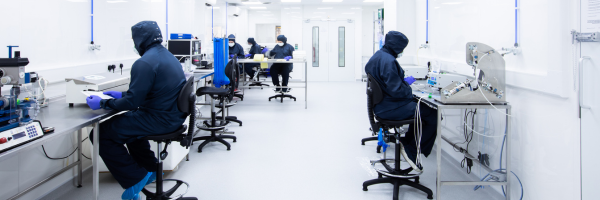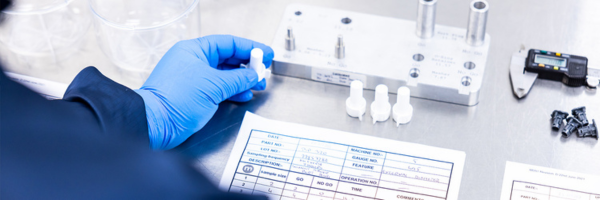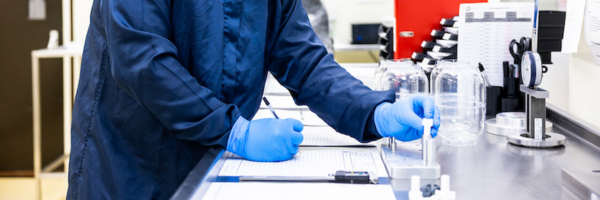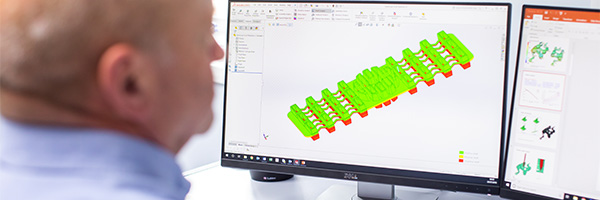
In a marketplace characterised by increased globalisation, fast-paced innovation, fierce competition and stringent regulation, the protection of product intellectual property is a key priority for medical device companies. Therefore, when outsourcing medical product manufacturing, it is vital to choose a partner that will safeguard your product data.
The nature of contract medical device manufacturing means that sensitive information has to be shared with outsourced partners and this can pose a risk, not least as contractors can be working with competing companies on similar products. The disclosure of such data, whether done accidentally or intentionally, can lead to significant financial, market and reputational damage.
To help ensure that your medical product data is fully protected, we have put together this short guide to choosing a contract medical equipment manufacturer that will safeguard your intellectual property.
5 steps to IP protection with a contract medical device producer
Step 1: Be aware of the local IP framework
Intellectual property regulations can vary from country to country and, as such, it is vital to be aware of the framework in the country in which your outsourced partner is based. The benefit of working with a UK-based contract medical equipment producer is the robust level of protection provided and the ease of access to and clarity of this information.
Step 2: Carry out due diligence on your intended contractor
It is critical that you carry out due diligence on any prospective contract medical device manufacturer. Examine how they manage intellectual property protection and the physical and digital security systems that they have in place, for example, relating to facility security and cybersecurity, and data protection mechanisms.
Step 3: Sign a non-disclosure agreement (NDA) with your partner
You should only work with an outsourced manufacturing partner that is willing to sign an NDA – this should have been covered by your due diligence. The point at which you should sign the agreement is when you then begin to conduct initial talks with your prospective partner. With an NDA in place, even if the partnership does not proceed, your data is fully protected.
Step 4: Clarify IP status before outsourcing
Once you have chosen your outsourcing partner, you should clarify your intellectual property ownership status before you sign a contract. Make this clear now and you will be less vulnerable to risk going forward, including if your contract partner works on your designs during the medical device development process.
Step 5: Perform regular IP risk reviews
The medical device market is dynamic and market conditions can change quickly. Given this fluidity, it is important that you regularly review your intellectual property protection processes, both internally and with your outsourced manufacturing partners. These audits are crucial to keeping protocols up-to-date and your data fully protected.
In today’s market, where competitive advantage is so urgently sought, intellectual property is supremely important. In parallel, the trend for outsourcing medical device manufacturing is continuing to grow. As such, when it comes to using a contract medical devices manufacturer, evaluating and resolving intellectual property risks has to be a priority.
Choose a full-service specialist contract medical device manufacturer that can clearly demonstrate that your sensitive information will be fully protected during the medical device development process.
Meridian Medical is an established and experienced contract medical equipment manufacturer specialising in a wide range of medical device design, development and supply services.
To find out more about how Meridian Medical can help you with your medical product design and manufacture, get in touch today by filling out our online form or contacting us on 01903 732344 or info@meridian-medical.com.
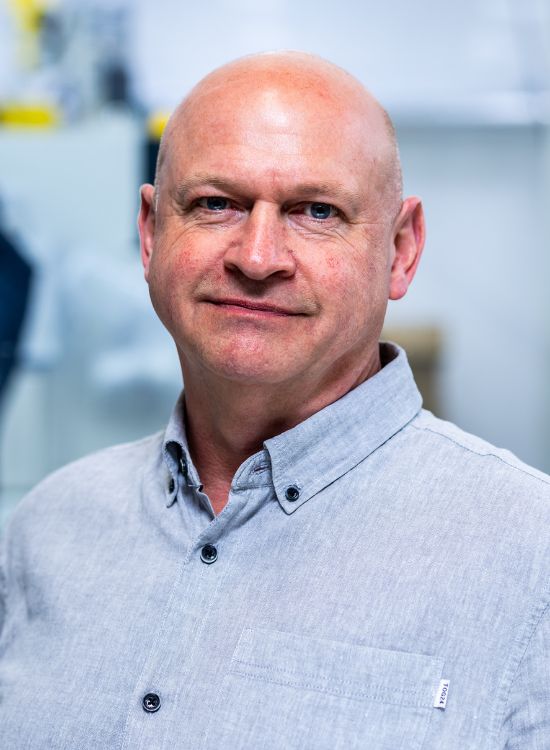
Author: Paul Kearsley,
Technical Manager, Meridian Medical
Paul Kearsley brings a lifetime of engineering expertise to his role as Technical Manager at Meridian Medical. With an HNC in Mechanical Engineering and a foundation built during a four-year engineering apprenticeship, Paul has spent over 40 years running his own design company. Over the decades, he has designed more than 1,000 consumer, industrial, and medical devices, showcasing his ability to deliver innovative solutions across a broad spectrum of industries.
A pioneer in the transition from traditional drafting techniques to modern CAD workflows, Paul began his career on the drawing board, adopted AutoCAD 2D early on, and embraced 3D modelling with SolidWorks in 1997. His vast experience and technical leadership play a key role in Meridian Medical’s commitment to producing high-quality, single-use medical devices.

